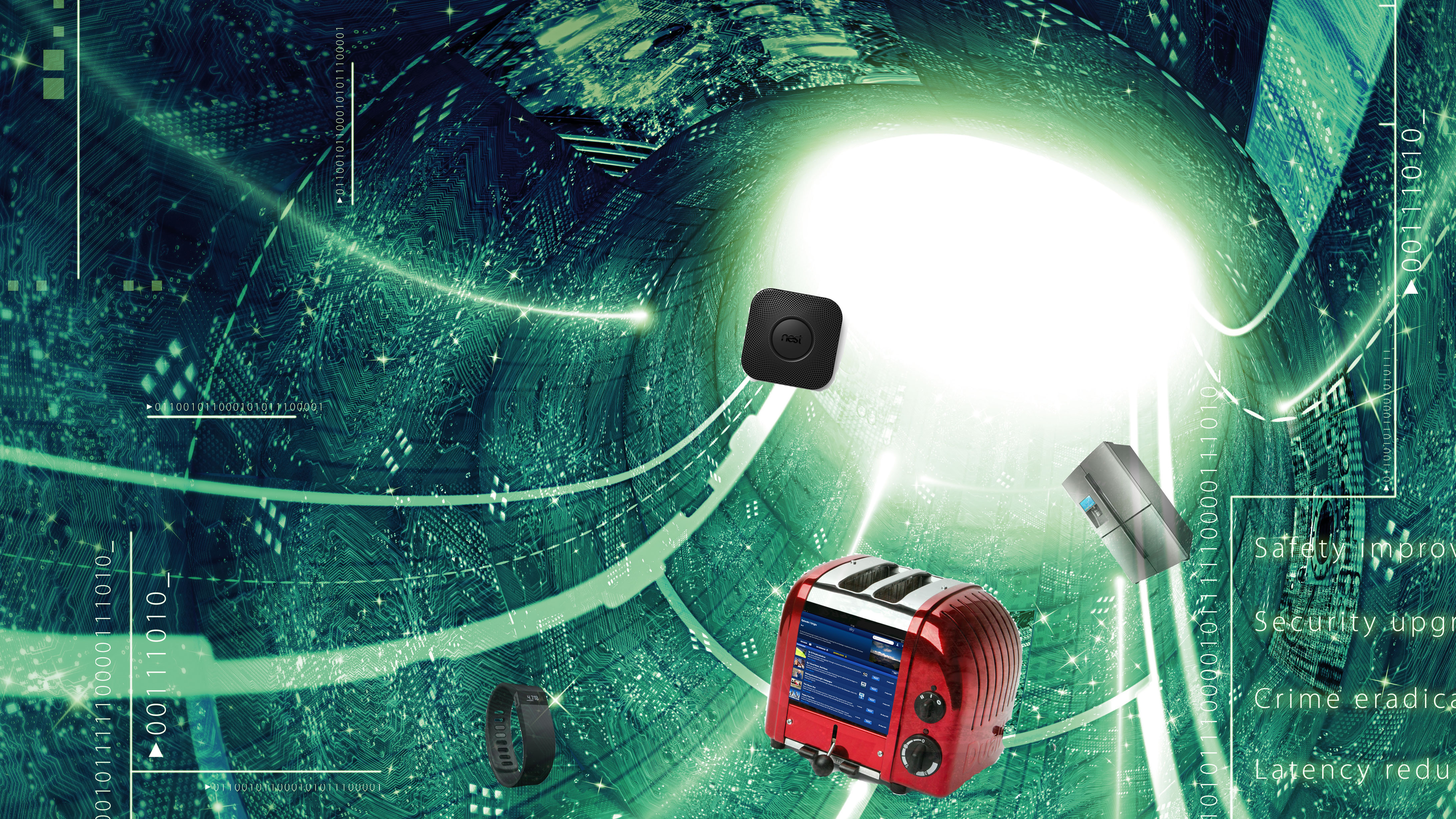How the internet of things is changing the enterprise
IoT needs to be taken seriously

Consuming and analyzing the output of billions of devices and making them relevant to billions of people is a new scale of problem for real-time software architectures. Software AG is one of the world's most dynamic companies in this space, working to enable the digital enterprise.
We catch up with Dr John Bates, Software AG's CTO for business intelligence and big data, to discuss his take on the internet of things and what he will be keynoting at the new IoT Expo™ 2014 London conference taking place in Canary Wharf, 2-3 June.
TRP: So why are you attending IoT Expo™2014 London?
JB: I'm looking forward to discussing issues – technological, business and social – with a dynamic group of business and technology attendees at IoT Expo™ 2014 in London. It may not yet be apparent to everyone just how big the opportunities and challenges are.
The widespread adoption of the internet of things will take time but will be a massive paradigm shift, with estimates putting the number of connected devices at 25 billion by 2020. This adoption is fast becoming a significant opportunity and challenge for businesses grappling with the underlying technology.
Consuming and analyzing the output of billions of devices and making them relevant to billions of people is a new scale of problem for real-time software architectures.
The fact that there will be a global system of interconnected computer networks, sensors, actuators, and devices all communicating with each other on the internet holds so much potential to change our lives that it is also being referred to as the technology's next generation – the creation of the true digital enterprise.
Are you a pro? Subscribe to our newsletter
Sign up to the TechRadar Pro newsletter to get all the top news, opinion, features and guidance your business needs to succeed!
TRP: What will you be keynoting about?
JB: I'll be talking about working with 'smart big data' for machines, vehicles – even humans! I'll discuss how innovative firms like Turkcell and DBS Bank are converging customer experience management with the internet of things.
These innovative companies are using real-time analytics to identify and respond to trends in data, by "reading the minds" of consumers and pushing them offers straight to their mobile and wearable devices, perfectly tailored to what they like, where they are and in the context of what they're doing.
I'll also talk about how real-time transport and logistics systems are optimizing arrival time and minimizing carbon footprints by harnessing data patterns from the internet of things.
TRP: Why is the internet of things (IOT) relevant to enterprise CIOs?
JB: The IoT is opening up new business possibilities and breaking down silos with access to new types of data. Digital enterprises coming from unexpected places are fundamentally changing the competitive landscape in many industries as they enter new markets with new offerings and services.
We're seeing banks get into the travel business in some countries. We're seeing travel agents get into the insurance business. We're seeing retailers go into the media business. We're seeing computer companies selling music. All this means that your competitors are not who, or even what, they used to be.
The cost of IT solutions is coming down along with advances in wireless, mobility, cloud computing, streaming analytics, and big memory caching. Add to this the fast dropping costs in device sensors and the idea of collecting data from devices almost anywhere at any time becomes more viable.
Unless CIOs recognize this onslaught as a 'clear and present danger' to their business, they will fast appreciate the true meaning of obsolescence. CIOs need to be up-to-speed with what the possibilities are, so they can best advise the business on adapting and profiting from the coming opportunities the IoT offers.
TRP: What are the major challenges facing CIOs for enabling the IoT in the enterprise?

Désiré has been musing and writing about technology during a career spanning four decades. He dabbled in website builders and web hosting when DHTML and frames were in vogue and started narrating about the impact of technology on society just before the start of the Y2K hysteria at the turn of the last millennium.